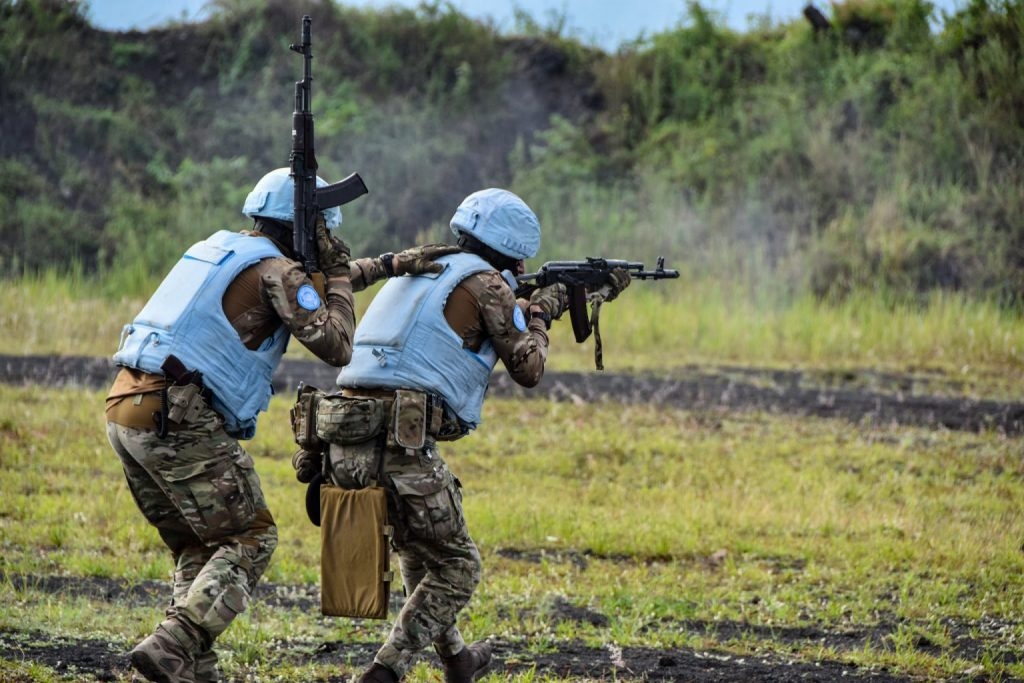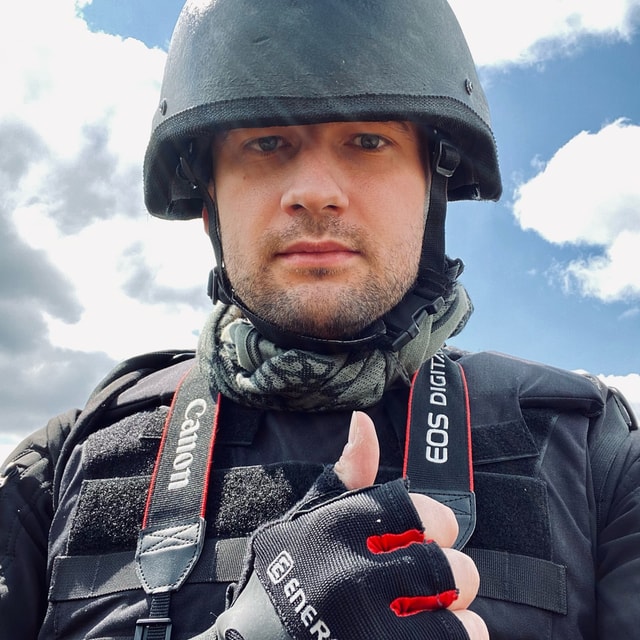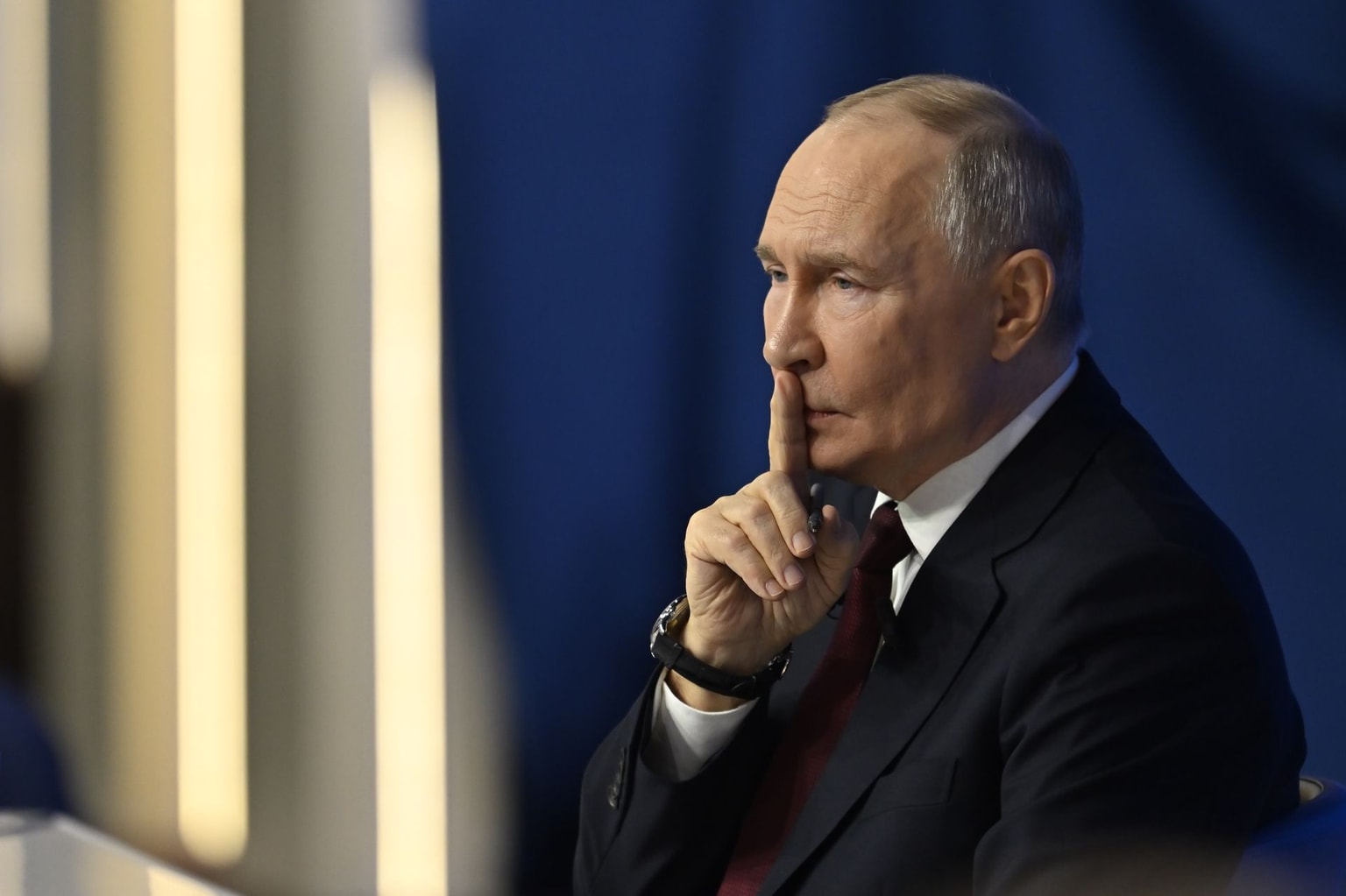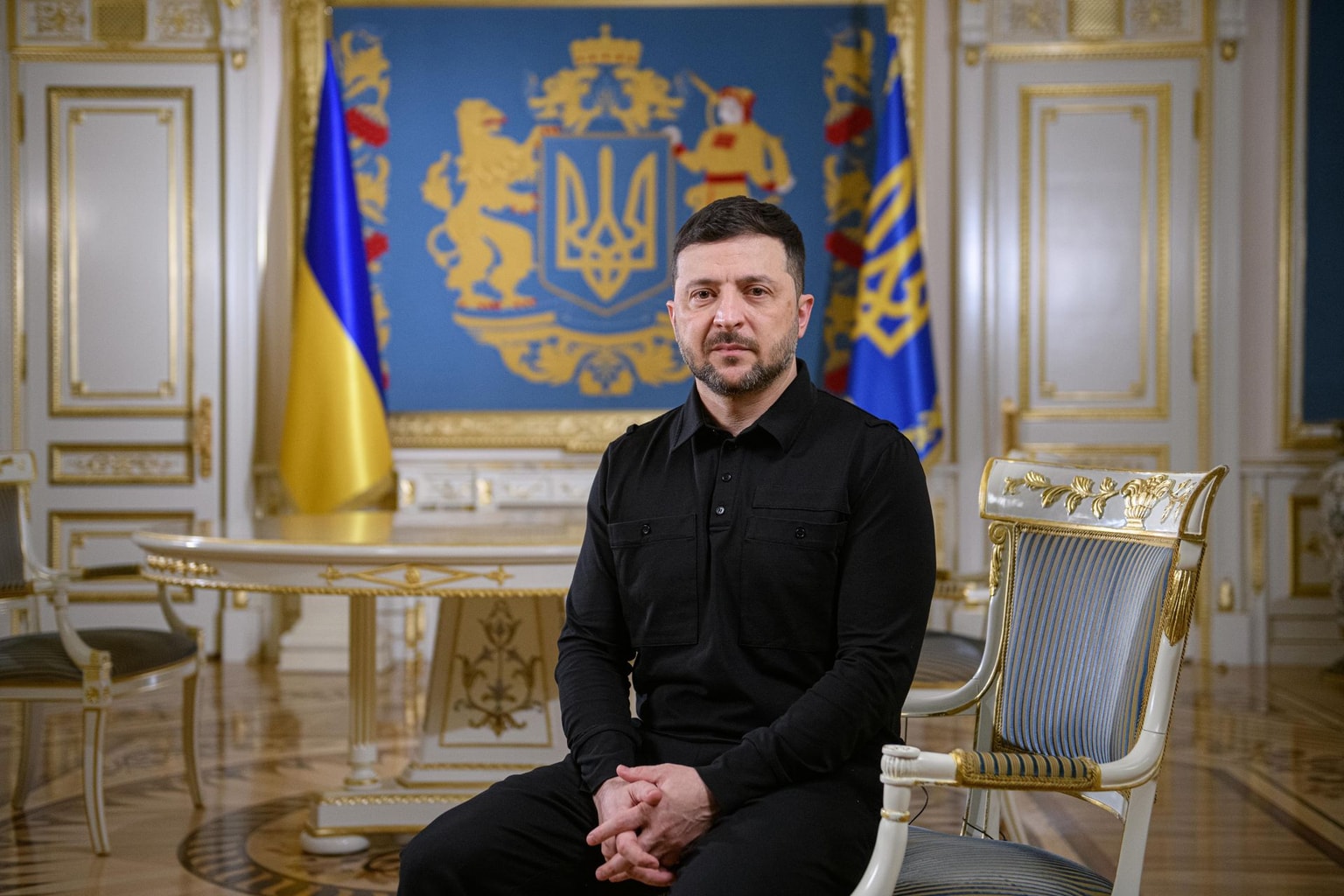Ukraine’s military strive for long service contracts

Ukraine’s Defense Ministry is once again trying to combat high personnel turnover at the Armed Forces, the military’s perennial problem.
Despite numerous hardships soldiers face, the military wants service members to stay in ranks for as long as possible — preferably, until retirement.
According to Defense Minister Oleksii Reznikov’s recent statements, the armed forces should suggest long-term service contracts for at least 10 years instead of much more common shorter-term commitments.
Only long-term service contracts can justify the massive economic input of training soldiers, the official believes.
“In this case, it will make sense to invest in training, housing, serious and decent payments ensured by the government,” Reznikov said on Feb. 3.
Officially, Ukrainian Armed Forces welcome fit recruits aged between 18 and 60, including foreign nationals, with a three-year contract. According to legislation, a service member can extend his or her enlistment to either 3 or 5 more years.
But in practice, Ukraine is in the state of the so-called “special period,” enacted with the outbreak of Russia’s war in 2014.
According to the amendment, military personnel can sign contracts lasting between one and 10 years. Moreover, under certain circumstances, soldiers, who were mobilized in 2014 and 2015 during the war’s hottest phase, signed even 6-month commitments.
Meanwhile, the most common contract in the U.S. military is an 8-year commitment, which includes 4 years in active service and 4 more years in the reserve.

Ukraine’s military tries to attract recruits with money: as of 2021, new contractees get a one-time payment worth Hr 18,160 ($650) for privates, Hr 20,430 ($770) for non-commissioned officers, and Hr 22,700 ($812) for commissioned officers.
Some communities also provide their own bonuses: In Lviv, the recently joined can get as much as Hr 25,000 ($900) from the commune.
The military says salaries should also be a motivation to join and stay: as of now, monthly payments for privates start at nearly Hr 10,000 ($360) a month. Which is far below the Hr 17,453 ($624) average monthly salary in Ukraine in December 2021.
Troops deployed to the war zone of Donbas also get a considerable monthly bonus: Hr 17,000 ($600) for front line formations and Hr 6,500 ($230) for the rear front.
In total, Hr 97.4 billion ($3.5 billion), or nearly 75% of the Defense Ministry’s budget, is allocated for training, medical maintenance, and operational performance of the country’s 261,000 people strong force in 2022.
Nonetheless, there’s still not enough money, while the conditions remain low.
The Defense Ministry acknowledges that the military is haunted by the endemic problem of experienced, motivated specialists, including combat veterans, leaving the ranks due to bad conditions of service and low payments.
Moreover, it is known that many formations, particularly combat units deployed to Donbas, are severely understaffed, often reaching nearly 50% of their standard establishment.

Endemic problems
Amid years of record-breaking budgets, the military has been experiencing the phenomenon of “zarobitchany” (“guest workers”) — barely motivated recruits not interested in long-term careers and joining the military mostly for the sake of guaranteed payday bills when there are no better jobs on the market.
The youth also leaves disappointed. According to the General Staff, nearly 65% of service members decide against extending their first contracts.
Troubles are many: An anonymous survey by the Come Back Alive charity revealed that 53% of active service personnel were unhappy about housing conditions in the military. 44% said they didn’t like the balance between service duties and personal time, 43% complained about extreme bureaucracy, 27% felt bitter about their career growth prospects, and 27% also said they hated the way the military system treats them.
Notably, money was not even among the top problems: just 26% said they are very unhappy about their wages in the military.
Far more important are social and organizational troubles. According to official data, nearly 46,000 service members still request family housing to be provided at no cost by the government.
As the survey says, these and other endemic issues affect the personnel’s decision to stay or leave.
Reznikov is not happy about this system working in Ukraine for years. The Defense Ministry strives to have a military force of lifetime career professionals rather than random short-term recruits, as the policy suggests.
According to the minister, even providing basic training costs nearly Hr 1.5 million ($50,000) per soldier. And if a service person leaves after eight months in the ranks, it renders all service expenses ineffective.
Therefore, he suggested 10-year contracts. The initiative, however, triggered a stir in the military community, with many criticizing Reznikov for trying to introduce an 18-century-style lifetime army commitment.

Besides, the military has already had bitter experience in trying to keep personnel in ranks via administrative action.
In 2019, the Verkhovna Rada passed a bill extending military service commitments upon young pilots from 5 to 10 years following their graduation from the Air Force Academy in Kharkiv. The controversial decision had a hostile reaction in the military and failed to motivate pilots to stay.
Following criticism, Reznikov on Feb. 3 explained himself and said the Defense Ministry, apart from extending contact commitments, would also work on ensuring better housing, higher salaries, better professional education, as well as social benefits, for the military.
“And our ambitious goal is to make the Ukrainian Armed Forces… the best employer in terms of economic and social affinity,” Reznikov said.
“Military service has to be not only a civic duty but also an upmarket working place, where one needs to pass a contest to join.”
Read also: Zelensky issues decree to bolster Ukraine’s military
The key is to make sure “everybody wants” to sign up to long-term contracts that would justify government expenses, he said.
“When it comes to a professional military, service members become true professionals after five-six years in the ranks. And it is difficult to have long-term defense planning when we have short-term contracts and we do not stimulate long-term commitments,” the minister added.
As for immediate steps, Reznikov said the ministry works to increase military payments in 2022 and to launch a program to stimulate long-term contracts starting from 2023.
On Feb. 1, Ukraine’s president Volodymyr Zelensky signed a decree ordering the government to introduce a new military housing program, as well as a new “transparent career promotion system” based on individual ranking scores.
Besides, the decree says troops serving long-term contacts will have their monthly pay increased to at least three times the size of the minimum wage in Ukraine, which would bring it to nearly Hr 19,500 ($690) a month in 2022.
“We need to think not only about winning the war but also about long-term defense development because our eastern neighbor is not going anywhere,” said Reznikov.










